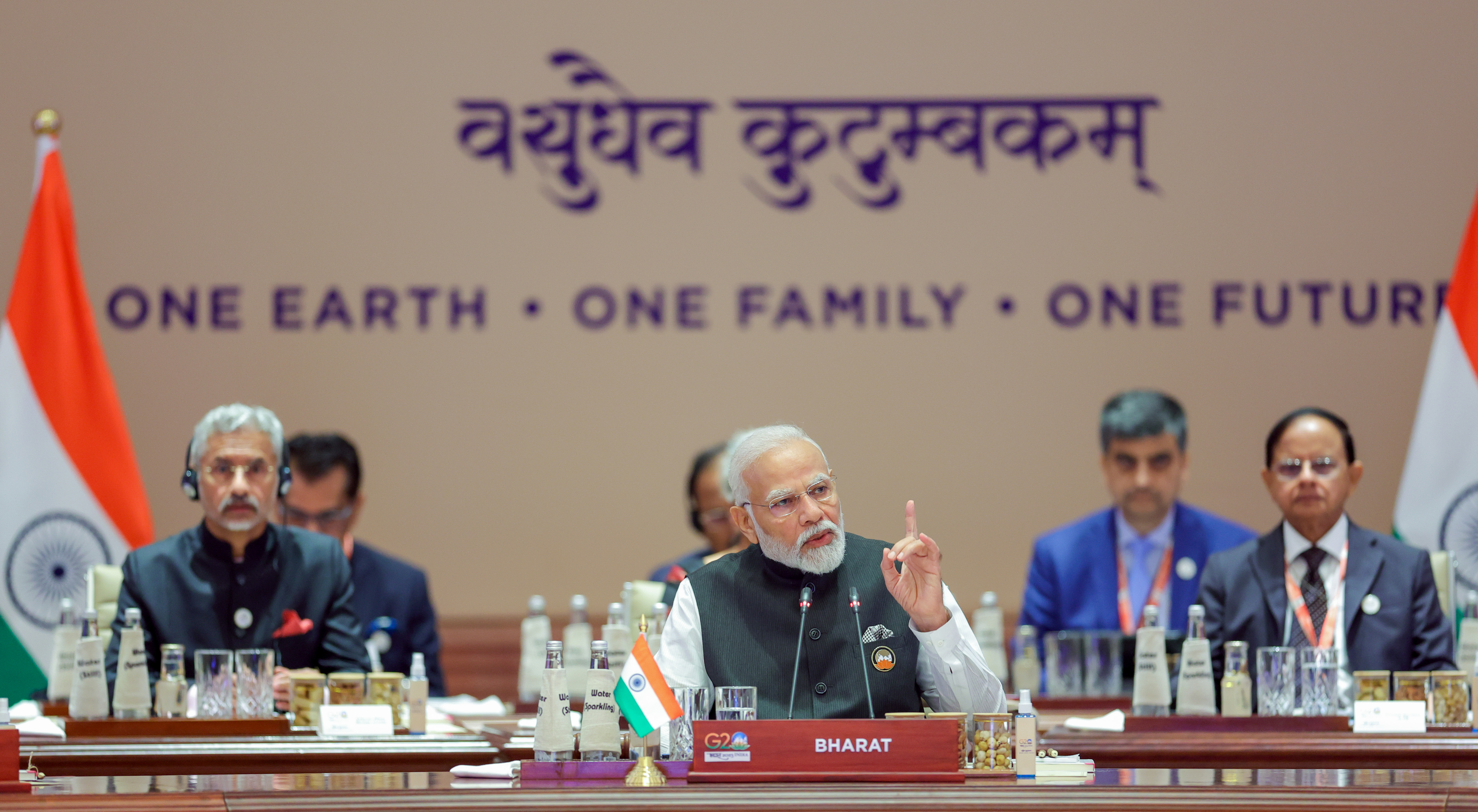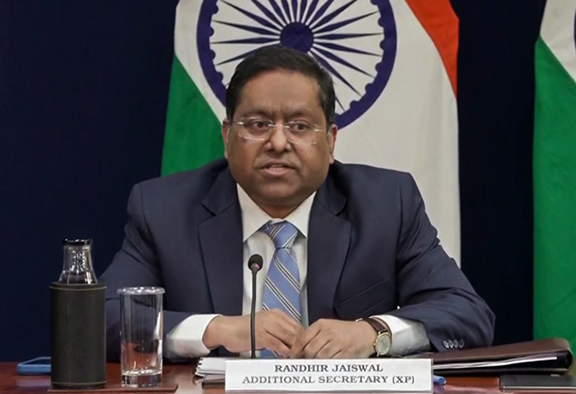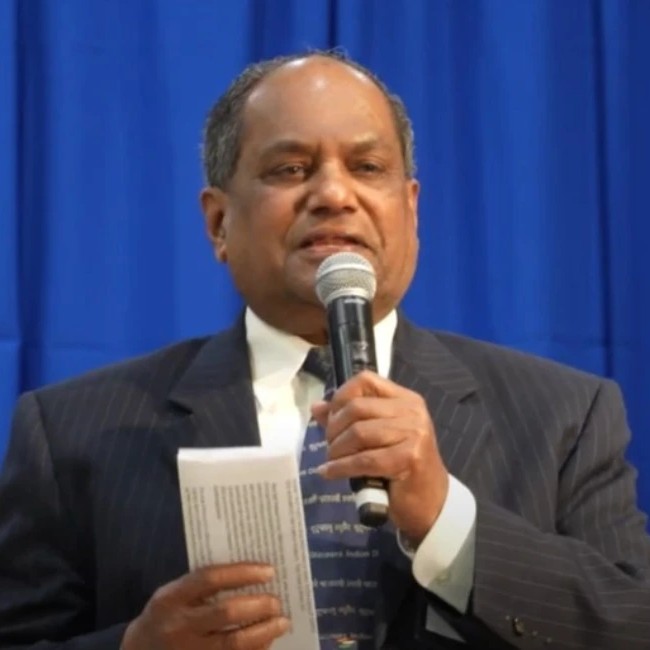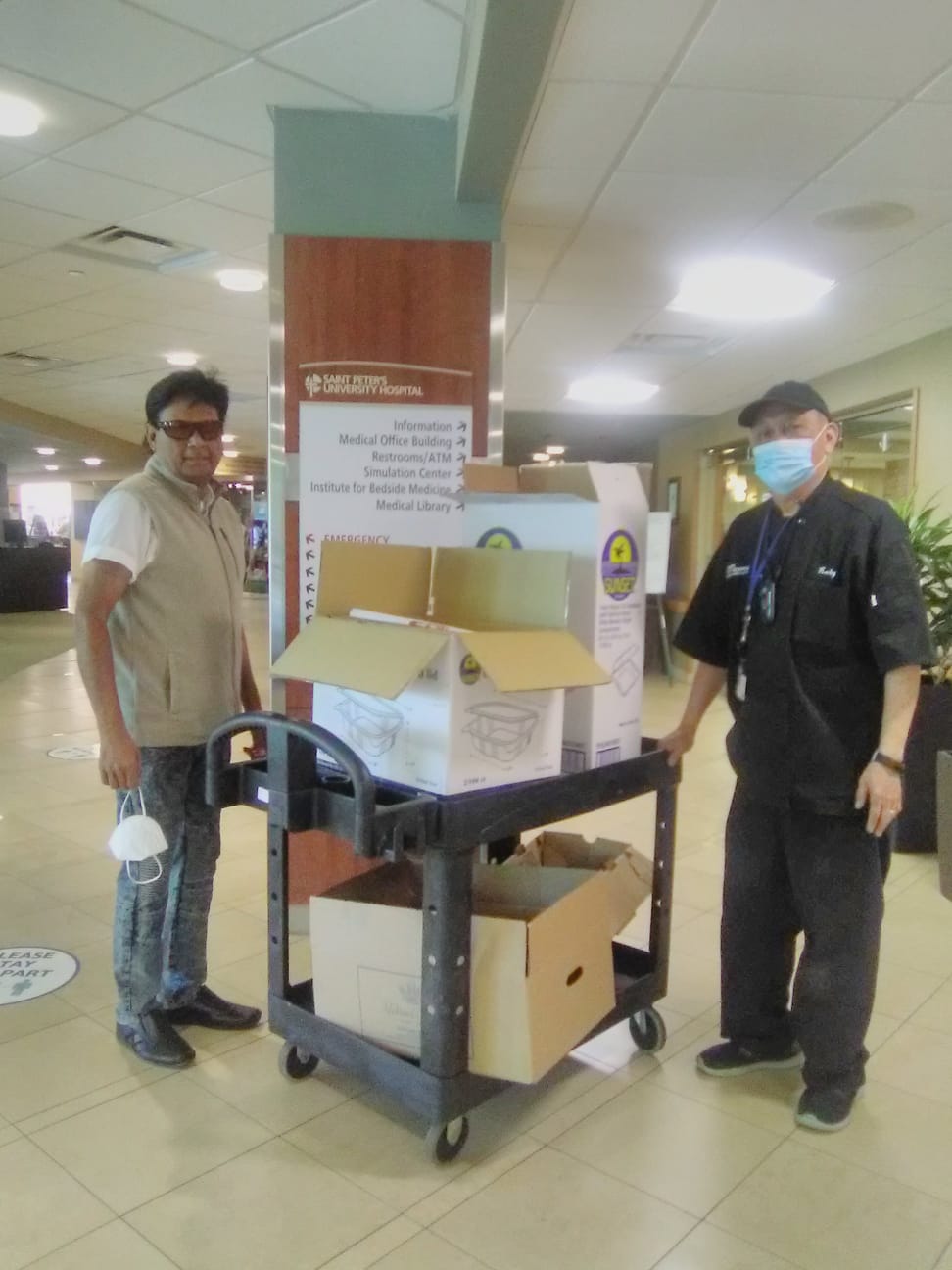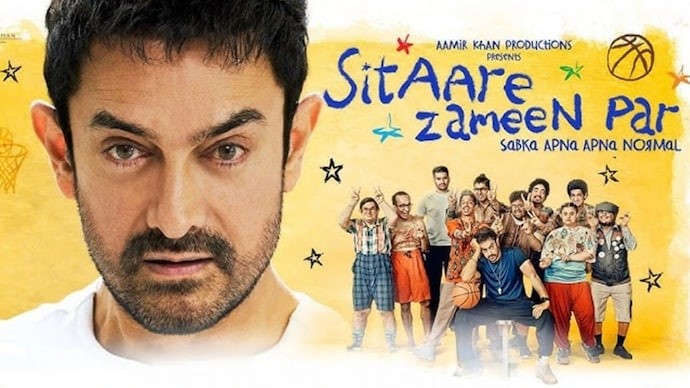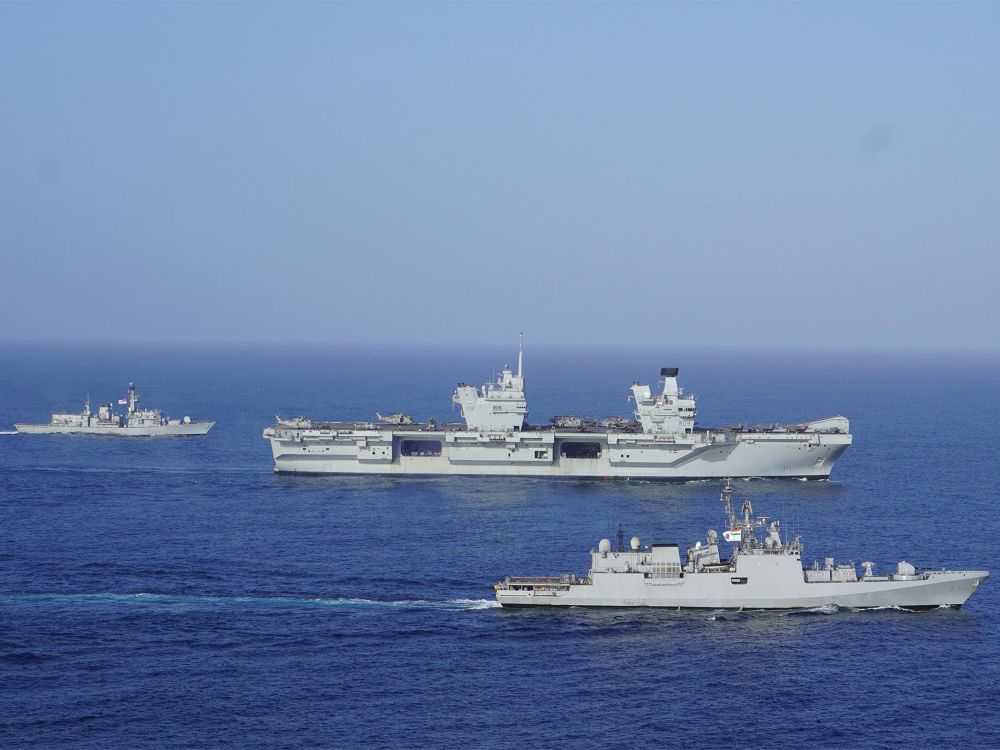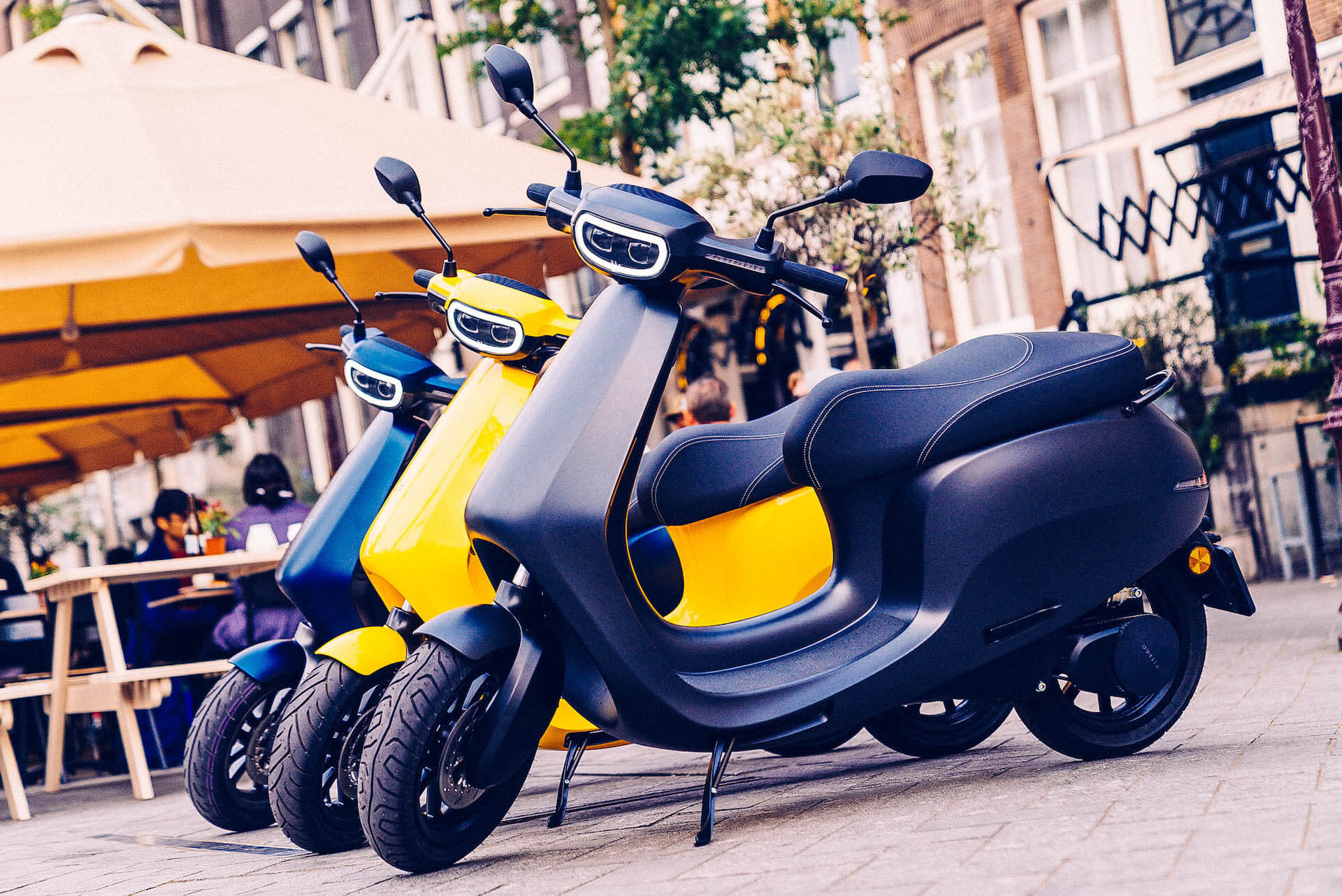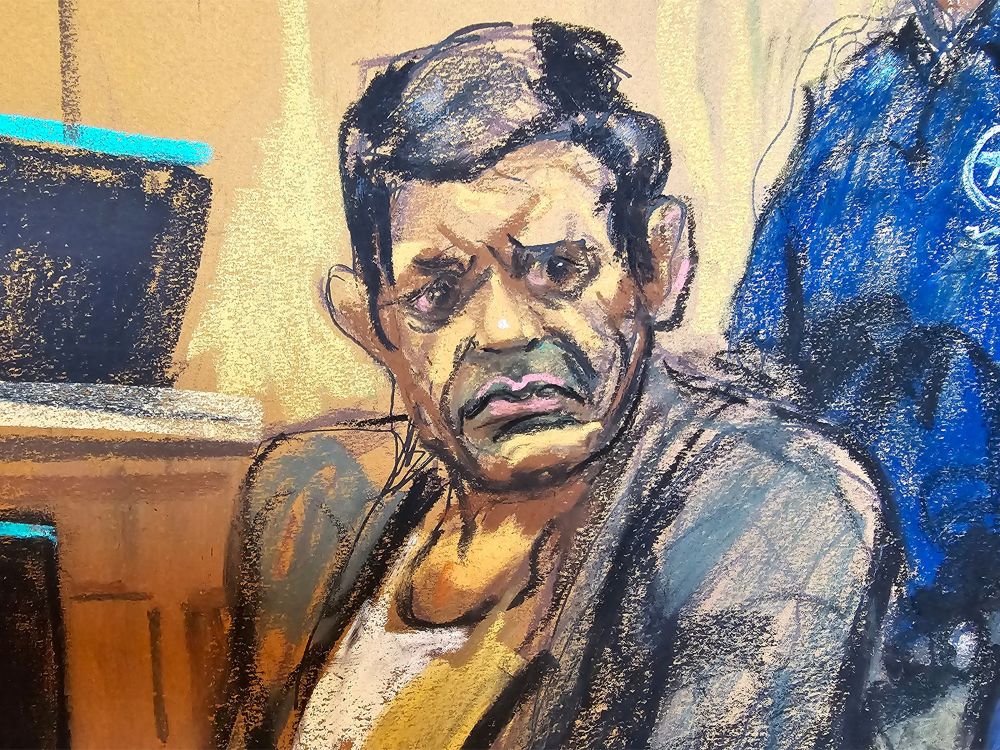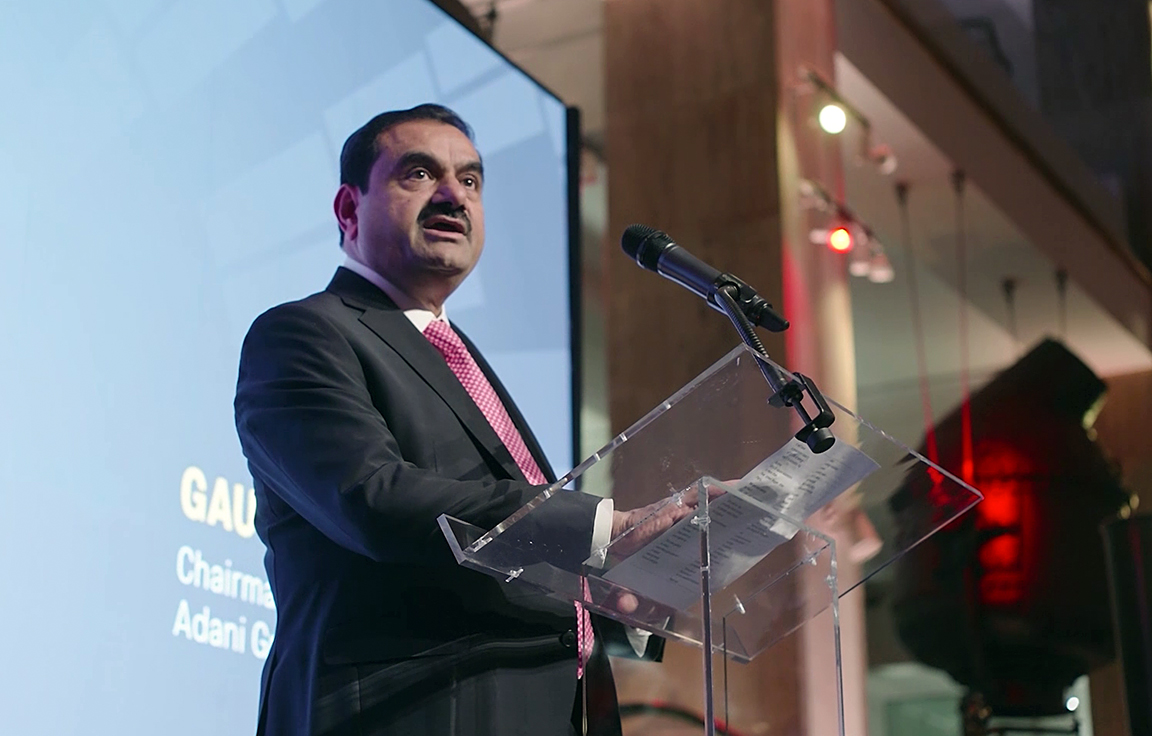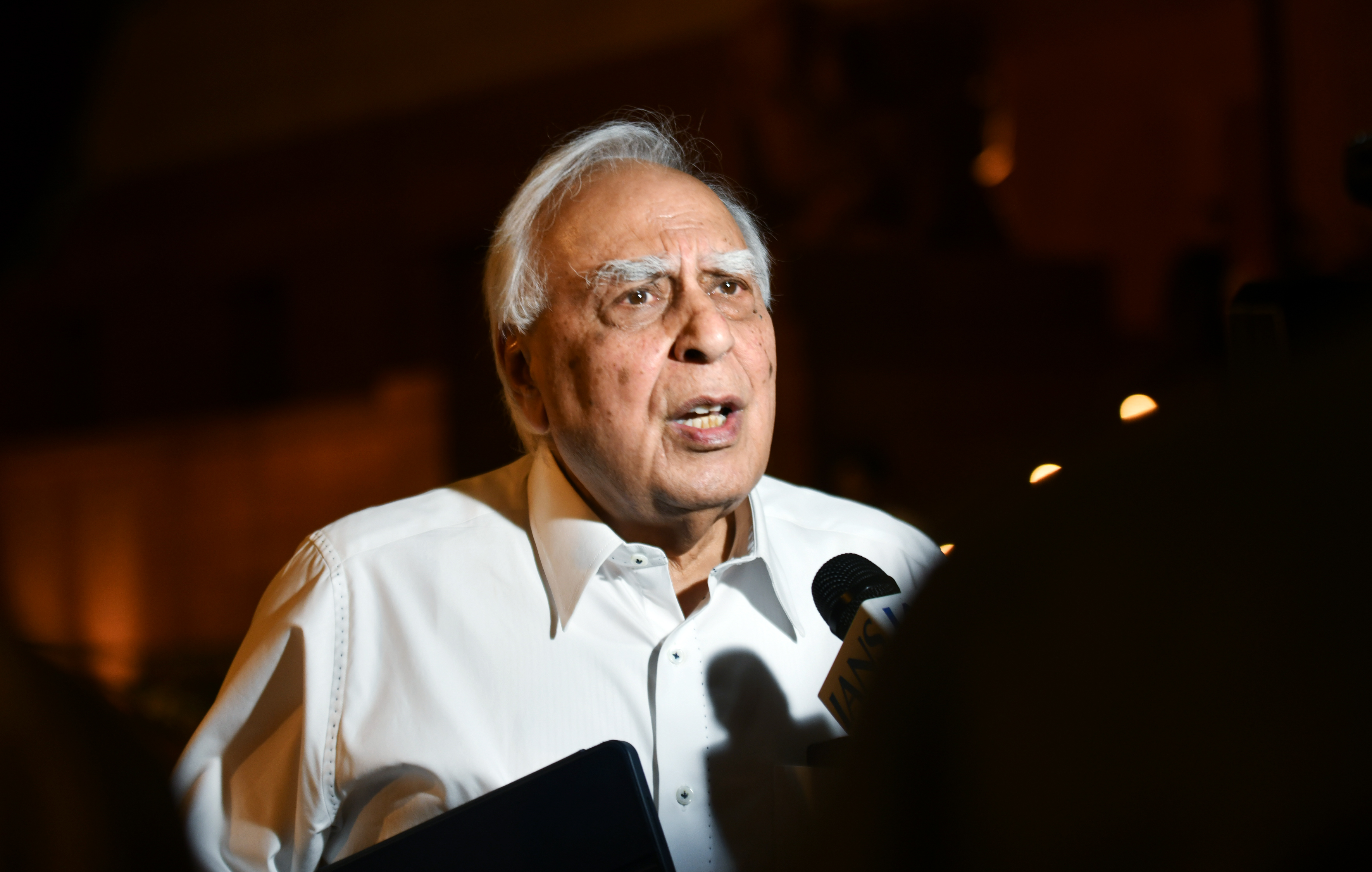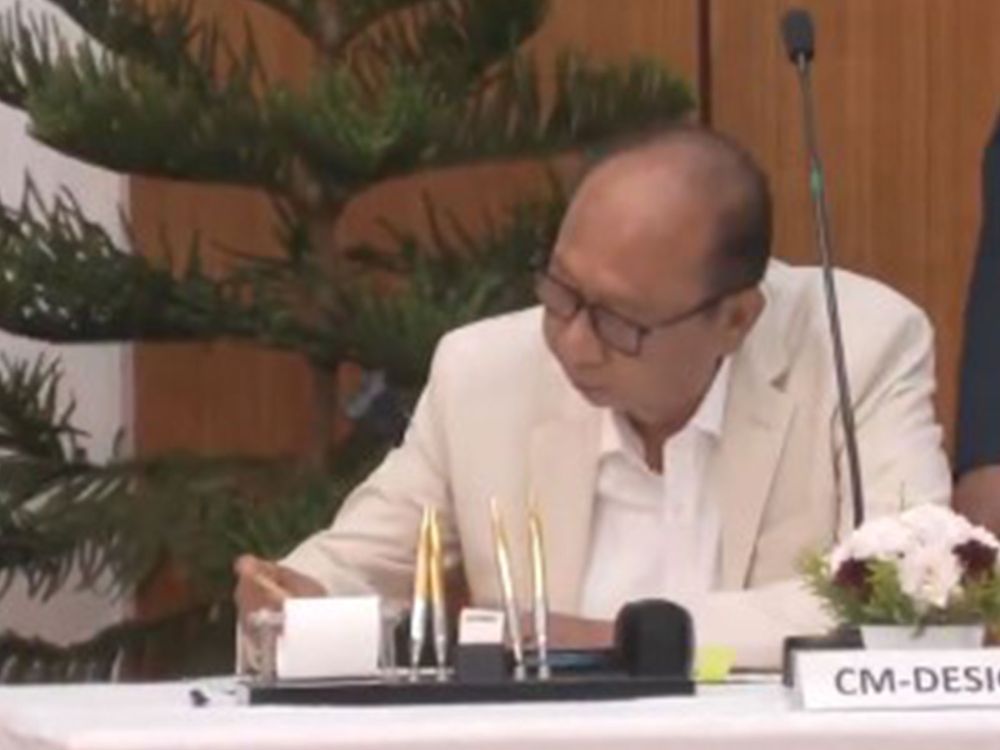Foreign Minister S Jaishankar underscores that India supports a re-globalization that is diversified, democratic, fair and market-based
Our Bureau
New Delhi
Prime Minister Narendra Modi on Wednesday expressed confidence that G20 will continue to move forward with a “human-centric approach” under Brazil’s G20 Presidency and that members of the grouping will give priority to food security, health security and sustainable development. In his closing remarks at the virtual G20 summit, Prime Minister Narendra Modi also expressed confidence that G20 will continue to work for the expectations of the Global South.
Meanwhile, External Affairs Minister S Jaishankar said that the efforts made by India during its G20 presidency this year under its theme of ‘One Earth, One Family, One Future” will not end with its presidency and affirmed that it will continue to work for the vision of inclusive global growth.
“The endeavours undertaken during India’s G20 Presidency, under our theme of ‘One Earth, One Family, One Future’, will not end on November 30th 2023. With your support it will continue to be heard as we work to realize our vision for a world where truly no one is left behind anywhere in the world,” he said.
While addressing the Foreign Ministers Session of the Second Voice of the Global South, Jaishankar underlined that India took over its G20 presidency at a time when world was facing a lot of challenges.
Also, S Jaishankar on Friday referred to key developments in the country, including cashless payments, lunar landings and woman empowerment and emphasized that “this is an India that is more Bharat,” and said that in the last decade, India has nurtured authentic and grounded politics by deepening its Indian democracy.
Jaishankar made these remarks in his article for The Economist and said, “The deepening of Indian democracy has also nurtured authentic and grounded politics. While valuing culture and heritage, the embrace of technology and modernity are equally visible in the progress of the last decade. Today’s India is one of cashless payments, of 5G networks, of lunar landings and of digital delivery.”
“It is equally one of women’s political representation and “leaving no one behind”. This is a society that is now more confident, capable and responsive. This is an India that is more Bharat,” he added,
Reiterating India’s approach towards the neighboring countries in tough times of crisis, EAM said that India’s concept of “extended neighborhood” has deepened roots in ASEAN, the Gulf, Central Asia and the India Ocean.
He said further, “In that process, India demonstrated during 2023 how to navigate the east-west polarization around Ukraine and bridge the north-south developmental divide. The impact of skewed globalization, Covid damage, conflict in Ukraine, big-power competition, climate events and now violence in the Middle East have certainly made the world far more volatile and unpredictable.”
He added, “To rise in such challenging circumstances requires nimble and “multi-vector” Indian diplomacy. Working with partners on agreed issues was evident in the Quad mechanism, the Indo-Pacific Economic Framework, BRICS expansion and creative Middle East initiatives. We support a re-globalization that is diversified, democratic, fair and market-based.”
Highlighting the unbalanced economic supply chains in the world, Jaishankar underscored that India supports a re-globalization that is diversified, democratic, fair and market-based.
He said, “The world is now addressing over-concentration that emerged in the international economy. Participating in resilient and reliable supply chains has consequently become a key Indian goal. Similarly, ensuring trust and transparency is vital in the digital domain. India is preparing for an era of artificial intelligence and the arrival of new tools of influence. We support a re-globalization that is diversified, democratic, fair and market-based.”
While referring to the changes being made domestically in the country, including policies for ease of doing business and promoting ease of living, he said that “India’s increased visibility abroad is also because of what is changing at home.”
He said, “The pandemic saw not just a massive public-health response but deep reforms as well. Establishing digital infrastructure on scale has transformed delivery of socio-economic benefits and public services. So, too, has the quality of governance since 2014, making it easier to do business and promoting ease of living. This is now buttressed by a nationally integrated infrastructure initiative, improved skill development and encouragement of innovation and start-ups.”
















